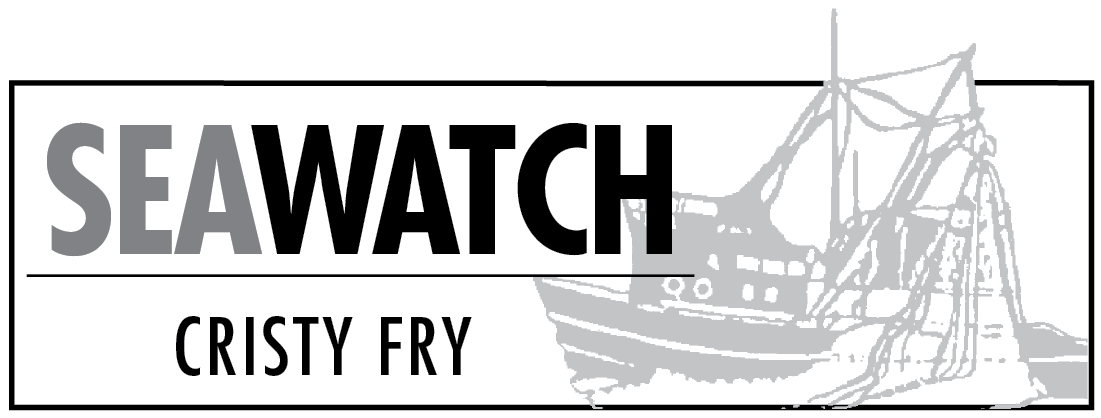Gov. Bill Walker’s office has released the report from his fisheries transition team which sets out priorities, recommendations and possible barriers to success for Alaska fisheries.
The document is concise and well organized, with careful thought to possible actions to achieve success, barriers to success and possible actions to address those barriers.
The number one priority, a clear “fish first” policy, takes aim at actions taken by the previous administration that chipped away at the concept.
The team called for preserving in-stream flows necessary for fish, something that had been threatened by HB 77, which sank under the weight of public opposition, and no significant loss of fish habitat knowingly permitted in the state, which would happen with the Pebble Mine project and the Chuitna coal mine proposed across Cook Inlet.
The transition team also called for reinstating the Coastal Zone Management Plan, a voluntary program which the Parnell administration withdrew from in 2011, and which was then the subject of an expensive, failed ballot initiative.
That battle highlighted one of the barriers to success identified by the team: the myth that fish and fishermen are viewed as barriers to development.
Opposition to the Coastal Zone Management Plan ballot initiative was largely funded by resource development and industry groups.
Supporters said the proposal would give the state a meaningful say on federal decisions affecting Alaska’s coastal areas, and that it didn’t differ dramatically from the kind of program Alaska had in place for decades before it ended.
One of the more innovative ideas in the report falls under priority number 2: prioritize and improve fishery access for Alaskans. The team suggested at least a 10 percent increase in Alaska ownership of commercial fishing licenses, permits and quotas in the next five years, which they suggested could be done by establishing state funds to recapture commercial fishing licenses/permits for Alaskans, with a designated subset for young Alaskans, something that could help reverse the so-called “graying of the fleet.”
The most obvious priority, but perhaps most difficult, is number 4, which states Alaska fisheries should be managed based on science over politics.
The team made several suggestions for reforming the Board of Fisheries process, something Gov. Walker appears willing to tackle, but which will probably meet with stiff opposition from Anchorage, Mat-Su and Fairbanks legislators.
The entire report, as well as reports from other transition teams, can be found at http://gov.alaska.gov/Walker/transition-2014.html.



